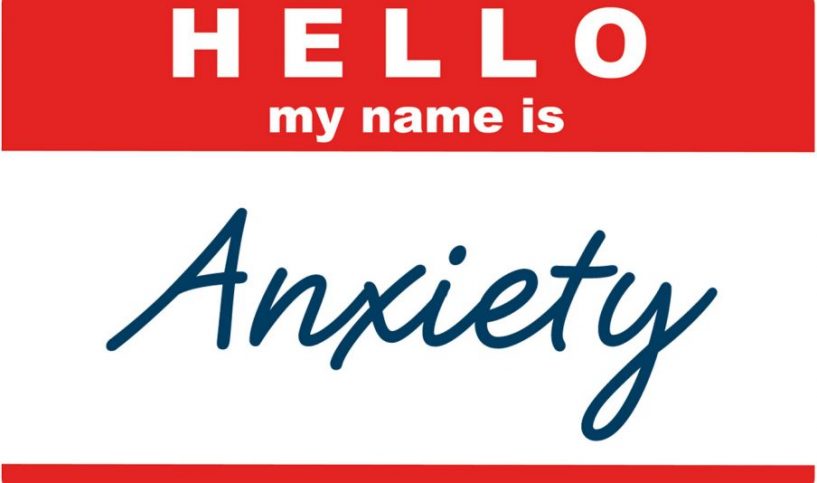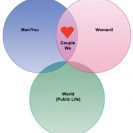Ask anyone who has experienced debilitating, soul-destroying anxiety – they’ll tell you it saps mental energy, drains vitality, and leaves behind a sweat-drenched and frazzled human being. One for whom life has become a series of never-ending negotiations over perfectly ordinary things. Going to the grocery store, or to work, or to coffee with a friend takes up so much head space that the activity itself isn’t even enjoyed. Life ceases to be mundane ennui interspersed with interesting or exciting moments, and instead becomes a living hell, fraught with visions of horrible things happening at the most inconvenient moments. Quality of life plummets, and without intervention, the list of ‘safe’ places becomes shorter and shorter, and for some, disappears entirely. Life is lived within the four walls of home, and even the thought of going out the front door into the world induces a near fatal panic attack.
In a study funded by the Bill and Melinda Gates Foundation, stats about anxiety were collected from around the world. Did you know anxiety is the most common mental health disorder worldwide? On average, this disorder in the global population is about 8% (1 in 13 people – this means statistically, if you know 13 people one of them struggles with anxiety. If you can’t think of someone you know with anxiety, it’s probably you).
Anxiety is one of the most treatable mental health issues but only 1/3 of individuals meeting the criteria for a diagnosis of clinical anxiety will seek treatment. This may be due to ongoing cultural and social stigmatization, also a global issue. Both depression and anxiety are still, in large part, considered to be something one just “gets over,” or worse yet, perceived as self-inflicted or self-sustaining.
We all worry about different things, but the key is, we don’t get stuck there. Like all mental health conditions, “functioning” is the key factor in diagnosis. Anxiety severe enough to limit someone’s ability to participate in life is definitely dysfunctional. I mean, who chooses to live like that?
So, here’s the deal:
Anxiety is common. Really, really common. It’s also completely treatable. Treatment involves working with a mental health professional experienced in anxiety disorders, using a combination of therapy and short-term medication appropriate to the individual. While medication will suppress the nervous system, thus dampening severe anxiety and preventing panic attacks, it is not a cure. Robust data says therapy which reframes thinking patterns and smoothens out those mental channels is the long term answer.
This problem has the potential to completely wreck your life, taking up so much mental space that there’s no room left for living. Do a little self-test. Run through these five questions and see whether or not you’re one of the 8% of people living with a degree of anxiety that’s not normal. If it turns out that you might be doing just that, don’t become one of the 66% who never ask for help to recover.
Quick – Yes or no?
- I make decisions about my daily activities based on how anxious I feel at the moment.
- I regularly cancel dates or feign illness to avoid having to leave my house.
- I’ve had at least one full blown, “I’m going to die” panic attack in the past seven days.
- There are certain things I don’t do or places I won’t go because I know I’ll have a panic attack.
- I can no longer always identify a reason or trigger for feelings of extreme anxiety or a panic attack.
If you answered “yes” to 3 or more of those questions, consider finding some help. Your life has probably already been shrinking and you may need to acknowledge to yourself that the anxiety is getting worse and the panic attacks are happening more often. It doesn’t have to be that way. If answering these questions caused you to realize that you actually feel a lot of low-grade chronic anxiety, know that life can be better. Anxiety is treatable. Take your life back.
Dr Susannah is a leading psychologist, registered professional counsellor and Master Practitioner in Clinical Counselling based in Canada. Follow @DrSusannah on Twitter and Instagram.











